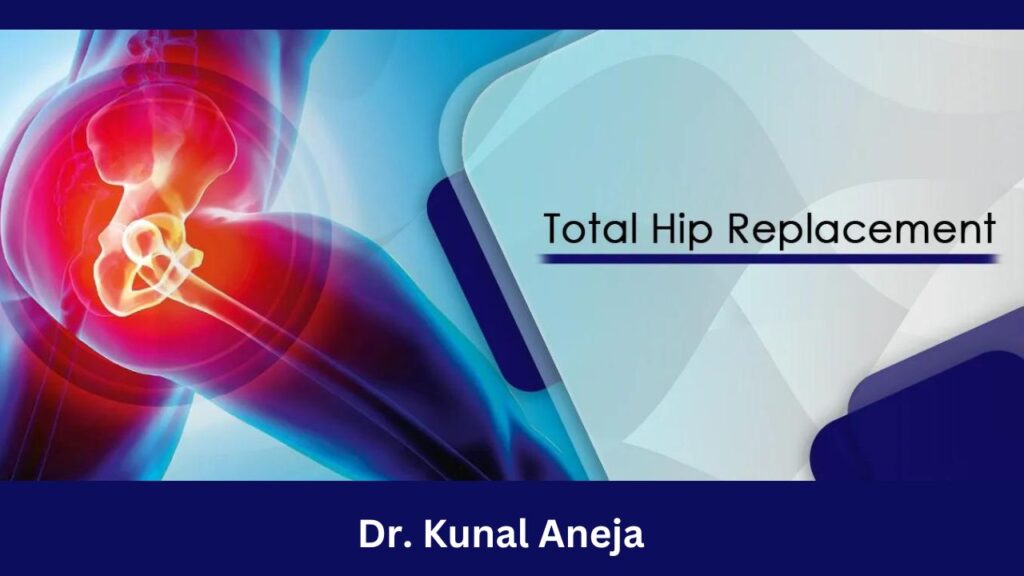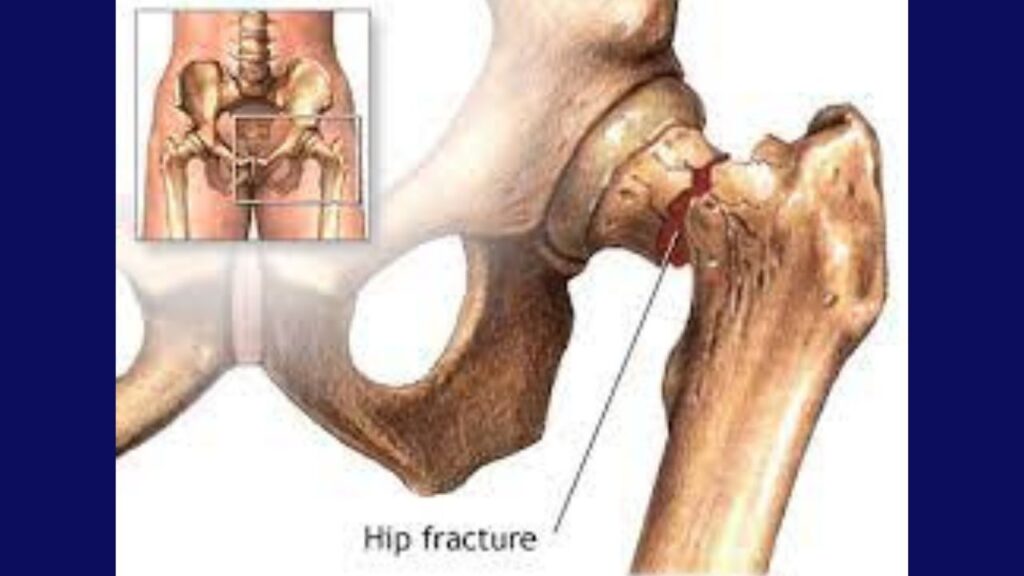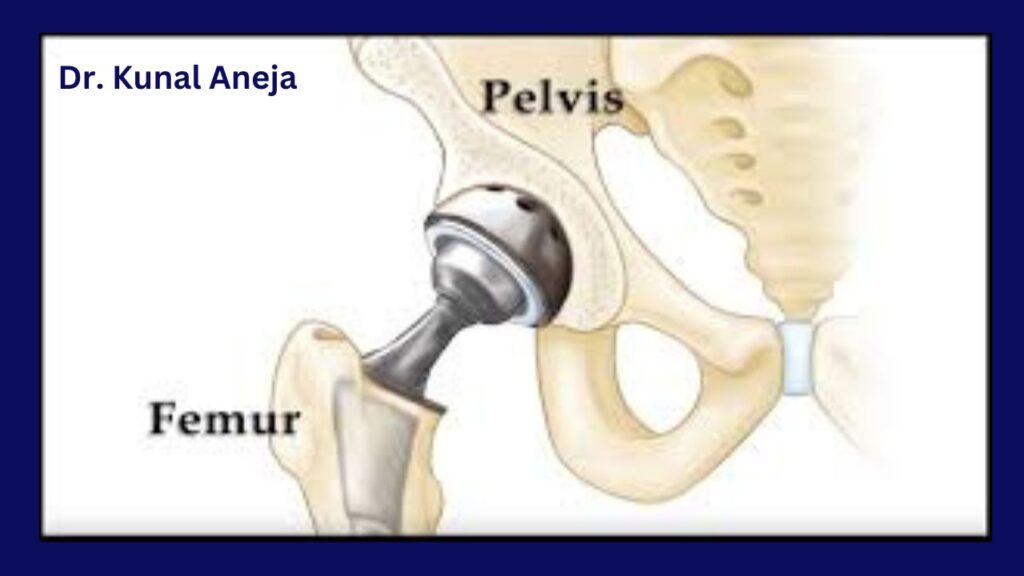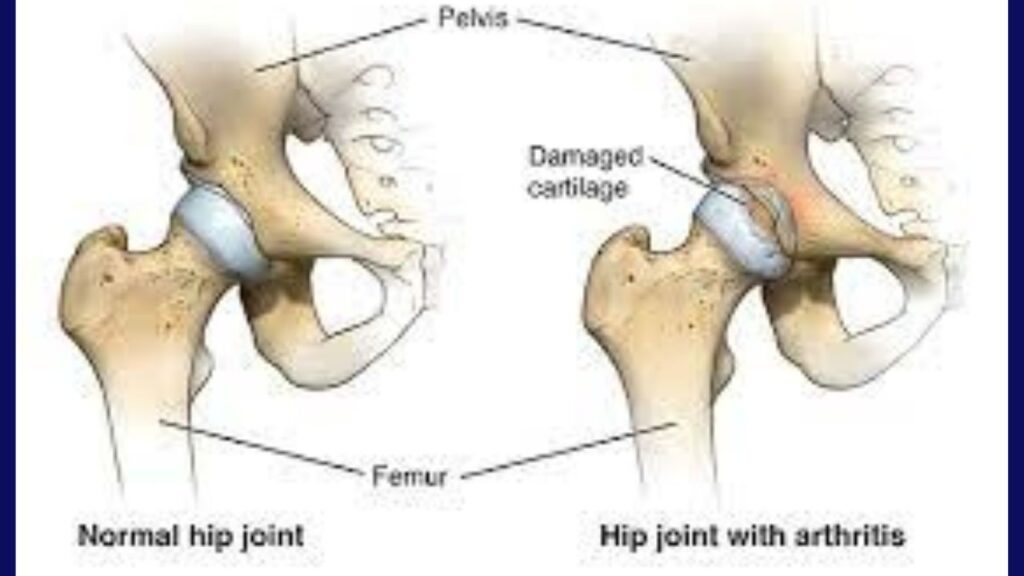
How to get the best hip replacement surgery In Rohini
Get the best hip replacement surgery In Rohini with Dr Kunal Aneja. You’re about to undergo a life-changing surgery. But before you go through with it, you need to make sure that you have the best hip replacement surgery experience possible. That’s where our team comes in. We’ll help you get the care and support that will make your experience as smooth and stress-free as possible. Our team is always here to help—even during your post-surgery stay.

What are the hip Problems?
There are a number of reasons why hips hurt Arthritis, which can be caused by a number of factors, is one of the most common causes of chronic hip discomfort and disability. Rheumatoid arthritis is the most common form of the disease, followed by osteoarthritis and traumatized arthritis.
Rheumatoid arthritis, osteoarthritis, and traumatized arthritis are all some of the most common types of arthritis and contribute to chronic hip discomfort and disability. These types of arthritis are caused by a variety of factors, but are most often caused by rheumatoid arthritis, which is the most common type of the disease.
Age-related arthritis causes wear and tear to the hip bones. Osteoarthritis is a condition that typically affects people over the age of 50, though it is more common in those who have previously suffered from arthritis. It is caused by the wear and tear on the cartilage, which causes the bones to collide, leading to hip stiffness and discomfort. Osteoarthritis may be triggered or intensified by subtle differences in the way the hip develops when it first begins to develop.
The cartilage of the hip can be damaged by a serious hip injury or a fracture, resulting in stiffness and hip pain over time.
There is a possibility of osteonecrosis (also sometimes referred to as necrosis vascular) when there is a lack of blood flow to the head of the femoral bone as a result of a hip fracture or dislocation. Osteonecrosis occurs when the surface of a bone breaks down as a result of a lack of blood. Additionally, certain diseases can cause osteonecrosis to occur.
Children who suffer from hip problems are more likely to have this condition later on in their lifetime, even though the hip problems are initially well treated in early childhood. This is because your hip might not develop as you would expect it to, and your joints might be affected.
How does hip replacement surgery work?
This type of joint allows a wide range of motion in any direction and is made up of a ball and socket. There is a hollow socket in the pelvis, called the acetabulum, in which the ball of the hip joint is located.
This procedure involves removing the ball and socket of the hip joint and replacing them with metal, plastic, or ceramic replacement parts.
Hip replacements are most commonly performed because of osteoarthritis, rheumatoid arthritis, hip fractures, or hip dysplasia, a condition in which the hip joint isn’t formed properly.
The hip replacement procedure is performed on many thousands of people every year, and the results are usually excellent in terms of decreasing pain levels, improving mobility, and improving overall quality of life.

The important thing to remember before deciding to have any surgery is that you need to understand the possible risks of the procedure and discuss them with your surgeon before you proceed.
What are the types of hip replacements?
Hip replacements can be classified into two major types:
- Total hip replacement (this is the most common type of hip replacement): During this procedure, a prosthesis is used to replace both the head of the femur and the acetabulum of the hip joint.
- Partial hip replacement: This is often used to treat patients suffering from certain types of hip fractures where there is only a partial replacement of the femoral head required.
What kind of healthcare provider performs hip replacements?
You may be referred to an orthopaedic surgeon for evaluation if your healthcare provider believes that a hip replacement is a suitable treatment for you. You will be evaluated by your orthopaedic surgeon with a full physical examination and X-rays, in order to determine how surgery can be the most effective treatment for your hip joint.

How common are hip replacements?
In the United States, approximately 3,65,000 hip replacements are performed each year.
What symptoms may indicate that I need a hip replacement?
Hip replacements may address a variety of conditions related to the hip region, including the following symptoms:
- Pain in the anterior hip or groin.
- Pain in the buttock and trochanteric region.
- Pain with activity and at rest.
- Pain that gets worse when you put weight on the leg.
- Stiffness/tightness of the hip.
- Loss of motion.
- Difficulty sleeping.
- Difficulty walking.
- Difficulty putting on shoes and socks.
- Pain in the anterior hip or groin.
- Pain in the buttock and trochanteric region.
- Pain with activity and at rest.
- Pain that gets worse when you put weight on the leg.
- Stiffness/tightness of the hip.
- Loss of motion.
- Difficulty sleeping.
- Difficulty walking.
- Difficulty putting on shoes and socks.

Search The Right Orthopaedic Surgeon
With so numerous options and sources of information, how do you find a quality Orthopaedic surgeon to treat your musculoskeletal condition, injury, or complaint? This composition offers tips on how to search for the right Doctor, including important questions to answer before cataloging an original appointment.
Request a Referral Your primary care Doctor or primary care orthopedist may relate you to an Orthopaedic surgeon they constantly work with and trust.
Keep in mind that some insurance plans requre you to see a surgeon within your network or a specific sanitarium system for your care to be covered. It’s a good idea to confirm content with your insurance provider before calling to schedule an appointment.
Visit the dr. Kunal Aneja Website For the best Orthopaedic Treatment and Dr. Kunal Aneja is the Best Hip Replacement Surgery In Rohini.

